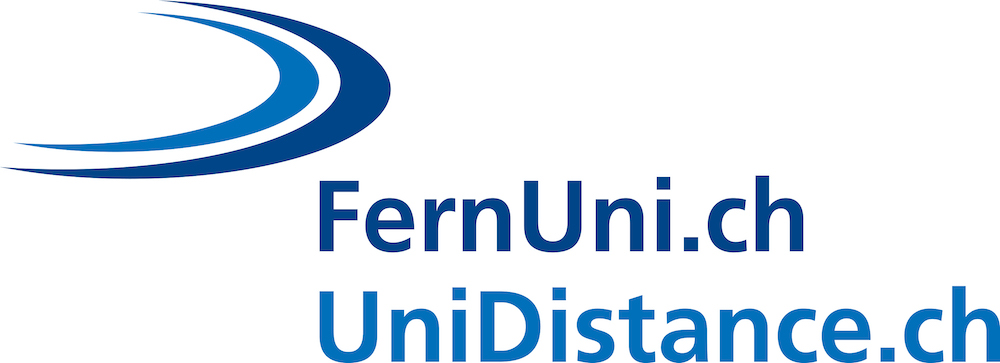The Cognitive Boost at the Peak of Circadian Arousal is Not as General and Robust as Previously Thought!
English
The synchrony effect - that is, the observation of better cognitive performance at the peak of circadian arousal than at off peak - is accepted as common knowledge. However, empirical evidence for this effect is mixed. This may be explained by two methodical challenges. First, most studies are underpowered. Second, they include one task, but tasks differ across studies. Here, we tested the synchrony effect by focusing on two universal psychological constructs (i.e., the ability to maintain information temporarily and the ability to avoid being distracted by irrelevant information). We addressed the methodical challenges by asking 191 young adults with morning or evening chronotypes to perform eight tasks at on- and off-peak times. Moreover, in addition to analysing at the individual task-level, we estimated the constructs at the latent-variable level (i.e., as the common variance across the tasks without the impact of task-specific requirements). The results showed strong evidence against a synchrony effect. We conclude that the synchrony effect is most likely a methodical artefact and discuss the impact of our research on psychological science and scientific research more widely.
-
Language
-
-
Classification
-
Psychology
-
License
-
CC BY
-
Open access status
-
gold
-
Identifiers
-
-
Persistent URL
-
https://n2t.net/ark:/51647/srd1322116
Statistics
Document views: 25
File downloads:
- Rey-Mermet and Rothen - 2022 - The cognitive boost at the peak of circadian arous.pdf: 55

